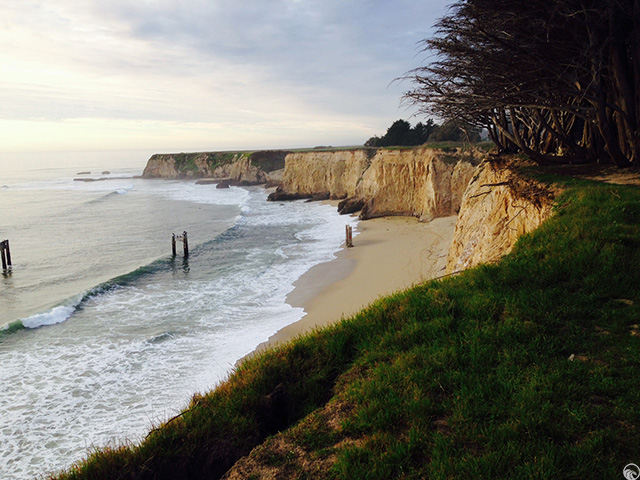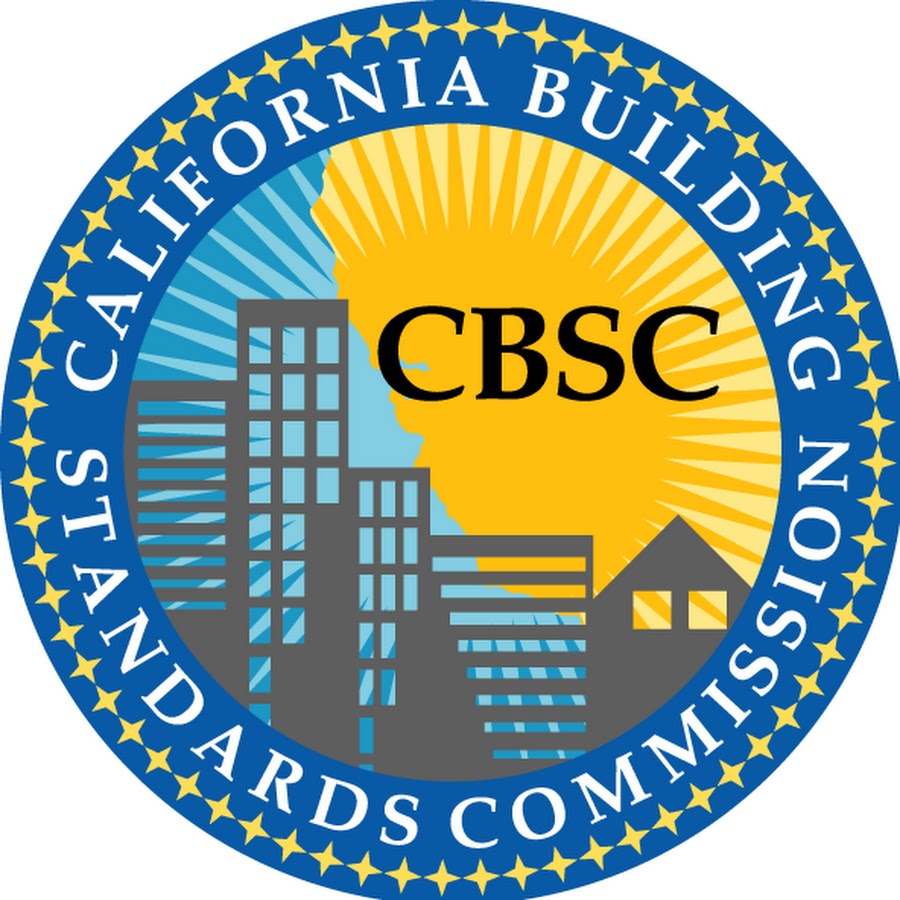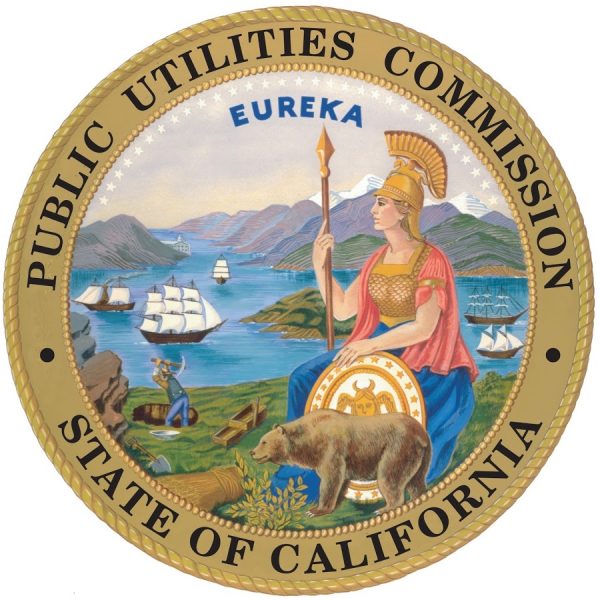
Northern California Coast
Coastal Commission Crackdown
Commission confiscates funds, transfers money to another private group to buy property
By Lloyd Billingsley, July 11, 2019 6:53 am
Last month, the California Coastal Commission fined the Ritz-Carlton Hotel in Half Moon Bay a full $1.6 million for “failing to provide public access to its nearby beaches.” The hotel, “failed to display signs informing the public that beaches are free and open to anyone,” and in the Commission’s view came up short on providing free parking for beachgoers not staying at the hotel.
The Ritz-Carlton did not actually block anyone from going to the beach, so a fine of $1.6 million may have left Californians puzzled about the state agency that levied such a steep penalty. Like the California Housing Finance Agency (CalHFA), the California Coastal Commission goes back to the 1970s.
The Santa Barbara oil spill in January,1969, prompted environmental activist Peter Douglas to author the 1972 Proposition 20, which created a temporary 15-member commission to craft policies aimed at protecting coastal ecosystems. Douglas went on to author the California Coastal Act of 1976, which made the Commission permanent. The next year, Douglas became deputy director of the agency he had conceived and in 1985 Douglas became CCC executive director. That reign continued for more than 25 years and Douglas and his fellow commissioners never once had to face the voters.
The unelected Coastal Commission overrode scores of elected city and county governments on land-use issues. Douglas ran roughshod over property rights, and on his watch the CCC combined regulatory zealotry with high-level corruption. Commissioner Mark Nathanson, for example, extorted “payments from Hollywood celebrities and others seeking coastal building permits.”
At a Sacramento conference in June, 2011, attended by this writer, Douglas bristled when a journalist mentioned Nathanson, but allowed that maybe one or two other commissioners had committed similar transgressions. Douglas provided no names, and did not indicate whether these officials still sat on the Commission. CCC staff, he said, were people of “integrity.”
It bothered Douglas that state courts sometimes had the temerity to rule against the CCC, and Douglas pushed for the power to levy fines directly. Despite concern from the Legislative Analyst, in 2012 the CCC gained the power to bypass the courts and levy fines directly, as with the recent action against the Ritz-Carlton. Of the $1.6 million fine, $1 million will go to “a commission fund that provides signs, trails, stairs and other amenities to help the public use state beaches.”
The remaining $600,000 will go to the Peninsula Open Space Trust, “a Palo Alto land conservation group, to help purchase a property north of the hotel to expand public beach access.” The Commission thus confiscates funds from the hotel and transfers the money to another private group to buy property, all without oversight from the courts.
No state administration, Republican or Democrat, has sought to curtail or eliminate the California Coastal Commission. Any restraint of CCC power is unlikely under Gov. Gavin Newsom, who has announced no plans to trim bureaucracy and expanded government by appointing the state’s first surgeon general. On Gov. Newsom’s watch, an unelected, unaccountable body of regulatory zealots will continue to override scores of elected governments on the California coast.




